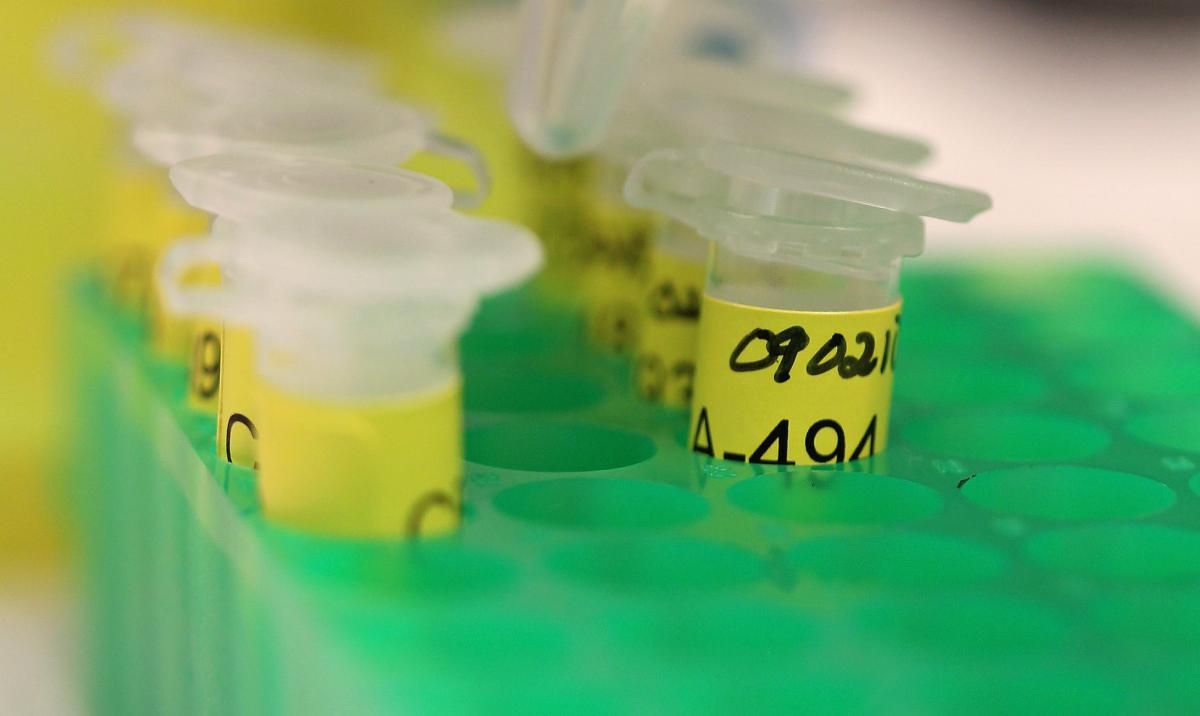Para athlete Sherman Guity suspended for anti-doping rule violation
11 Nov 2020
The International Paralympic Committee (IPC) has banned Costa Rican Para athlete Sherman Guity for two years after he committed an anti-doping rule violation (ADRV).
The T64 sprinter returned an adverse analytical finding for a prohibited substance in a urine sample provided on 23 July 2019 in an out of competition test. The substance was Clostebol, which is included on the World Anti-Doping Agency (WADA) 2019 Prohibited List under the class S1.1A Exogenous Anabolic Androgenic Steroids (AAS).
On the basis of the evidence presented by the athlete, the IPC accepted that the violation was not intentional, and was the result of the athlete’s use of a medicinal product following the removal of a keloid. As a result of his violation, Guity will be ineligible for competition for two years from 23 July 2019 to 22 July 2021.
Each athlete is strictly liable for the substances found in his or her sample. An ADRV occurs whenever a prohibited substance (or its metabolites or markers) is found in his or her bodily specimen, whether or not the athlete intentionally or unintentionally used a prohibited substance or was negligent or otherwise at fault.
As a signatory of the WADC, the IPC remains committed to a doping-free sporting environment at all levels. The IPC, together with the International Federations and the National Paralympic Committees, established the IPC Anti-Doping Code (ADC) to prevent doping in sport for Paralympic athletes, in the spirit of fair play. The IPC ADC is in conformity with the general principles of the WADC.

 Facebook
Facebook
 Instagram
Instagram
 Twitter
Twitter
 Youtube
Youtube
